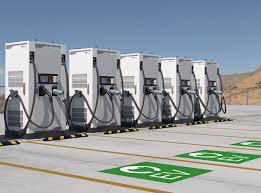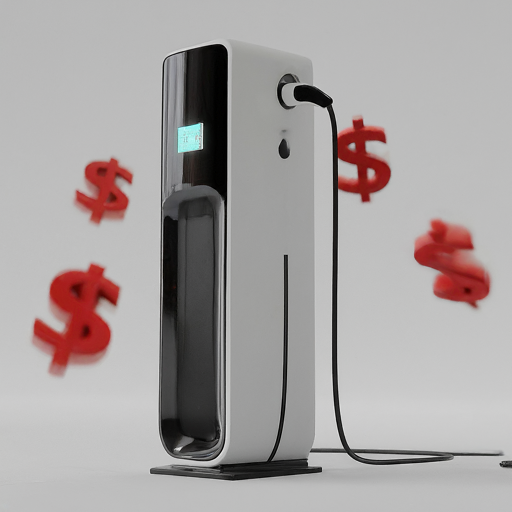this post was submitted on 03 Sep 2024
15 points (82.6% liked)
Electric Vehicles
3228 readers
313 users here now
A community for the sharing of links, news, and discussion related to Electric Vehicles.
Rules
- No bigotry - including racism, sexism, ableism, casteism, speciesism, homophobia, transphobia, or xenophobia.
- Be respectful, especially when disagreeing. Everyone should feel welcome here.
- No self-promotion
- No irrelevant content. All posts must be relevant and related to plug-in electric vehicles — BEVs or PHEVs.
- No trolling
- Policy, not politics. Submissions and comments about effective policymaking are allowed and encouraged in the community, however conversations and submissions about parties, politicians, and those devolving into general tribalism will be removed.
founded 1 year ago
MODERATORS
you are viewing a single comment's thread
view the rest of the comments
view the rest of the comments


With home charging that worsens the issue. When EVs are more widely used and people opt to install chargers in their homes, the demand for DC chargers will also fall.
I think the difference with gas stations is that you can get that $50 in a few minutes compared to half an hour, so you need comparatively less stations.
And another is will the price of charging stations actually come down? I don't actually believe they're exorbitantly expensive right
Keep in mind that the $50 a gas station is collecting is only about $5 in profit. Most of their profit is the retail sales.
Basic economics indicate the more volume is produced the cheaper each unit costs. I am not aware of any reason this is different for ev charging stations.
Here's a random article I found on the prices for these stations. The third level are the ones that are pricey. This is a fast moving market and level 4 already exists and won't be the last level. Each is faster at higher cost.
Not everyone needs a quick charge. The market will find a middle ground. My bet is people will choose a meal and a slow cheap charge over an expensive quick charge and still need to stop and eat anyway.
Gas is dirty, smelly and messy. Electricity is none of these things and so it can coexist in places gas cannot.